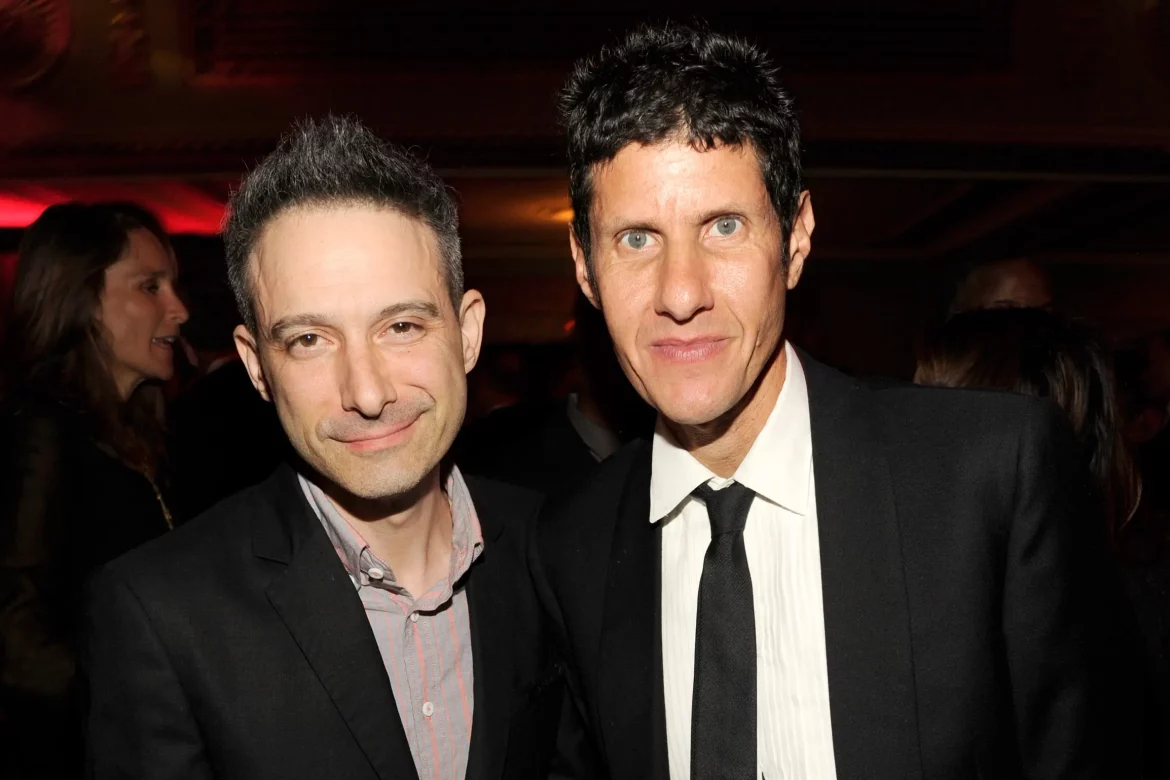Rap has evolved into a cultural phenomenon with a global impact. While it has been primarily associated with African American artists, the genre has seen the rise of talented white rappers who have made significant contributions. In this article, we delve deep into the history of rap to uncover the identity of the first white rapper and explore their journey in a genre deeply rooted in African American culture.
Early Roots of Rap
<Rap> originated in the Bronx, New York, in the 1970s. It emerged as a powerful form of expression, characterized by rhythmic speech and lyrical storytelling. During this time, the genre was predominantly African American, reflecting the struggles and aspirations of Black communities. Yet, even in its infancy, rap was destined to transcend racial boundaries.
Breaking Stereotypes: The First White Rapper
In the early 1980s, the rap scene was set for a groundbreaking moment as the first notable white rapper emerged onto the scene. This trailblazer was none other than Michael “Mike D” Diamond, one of the founding members of the iconic hip-hop group, the Beastie Boys.
Mike D, along with his fellow Beastie Boys, Ad-Rock (Adam Horovitz) and MCA (Adam Yauch), introduced a unique blend of punk rock and rap that challenged conventional notions of the genre. Their debut album, “Licensed to Ill” in 1986, became a sensation, featuring tracks like “Fight for Your Right” and “No Sleep till Brooklyn,” which showcased their rap prowess.
A New Era: Beastie Boys’ Influence on Rap
The Beastie Boys’ fusion of punk and rap was a revolutionary moment in the history of the genre. They not only proved that white artists could excel in rap, but they also laid the groundwork for future white rap artists to find their voice within the culture.
As rap continued to evolve, more white artists stepped onto the scene, each bringing their unique style and perspective to the genre. Artists like Vanilla Ice and Eminem made significant contributions to the culture, solidifying the idea that rap was not limited to a particular race or ethnicity.
The Rise of Eminem
Eminem, born Marshall Mathers, is arguably one of the most influential white rappers in the history of rap. His journey from the streets of Detroit to international stardom is a testament to his exceptional talent and determination.
Eminem’s debut album, “The Slim Shady LP,” released in 1999, propelled him to superstardom. His raw and emotionally charged rap lyrics resonated with audiences around the world. Tracks like “My Name Is” and “Stan” showcased his storytelling abilities and cemented his status as a rap legend.
Eminem’s Impact on the Genre
Eminem’s success was not only significant for white rap artists but also for the genre as a whole. He brought a level of lyrical complexity and storytelling prowess that elevated rap to new heights. His influence can be seen in the way contemporary rap artists approach their craft, emphasizing the importance of wordplay and storytelling.
In addition to his technical prowess, Eminem addressed controversial topics in his music, sparking important conversations about race, addiction, and mental health. This willingness to tackle challenging subjects has had a lasting impact on the genre, encouraging other artists to use rap as a platform for social commentary.
Diversity in Rap Today
As rap continues to evolve, it has become a more inclusive and diverse genre, with artists from various racial and ethnic backgrounds making their mark. The barriers that once limited participation based on race have largely dissipated, allowing for a more vibrant and dynamic rap landscape.
While the Beastie Boys and Eminem were pioneers in their own right, it’s essential to recognize that they were not the only white rap artists to contribute to the genre’s growth. Artists like Macklemore, Machine Gun Kelly, and Action Bronson have all carved out successful careers in rap, showcasing the genre’s ability to embrace a wide range of voices and styles.
Conclusion
In the world of rap, the question of who was the first white rapper is not easily answered. The emergence of the Beastie Boys and Eminem as prominent figures in the genre challenged stereotypes and paved the way for countless white rap artists to follow in their footsteps. Today, rap is a genre that transcends racial boundaries, celebrating diversity and individuality.
As rap continues to evolve and adapt to the ever-changing cultural landscape, it’s important to remember the pioneers who broke down barriers and expanded the possibilities of what rap could be. The first white rap artists may have faced unique challenges, but their contributions have enriched the genre and helped shape it into the global cultural force it is today.

